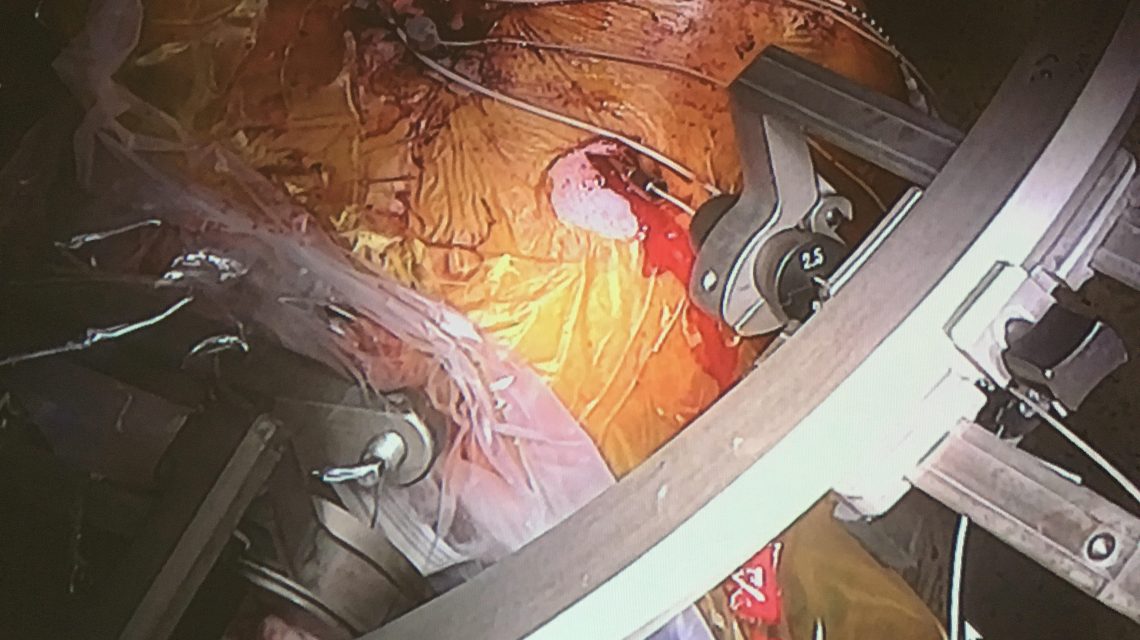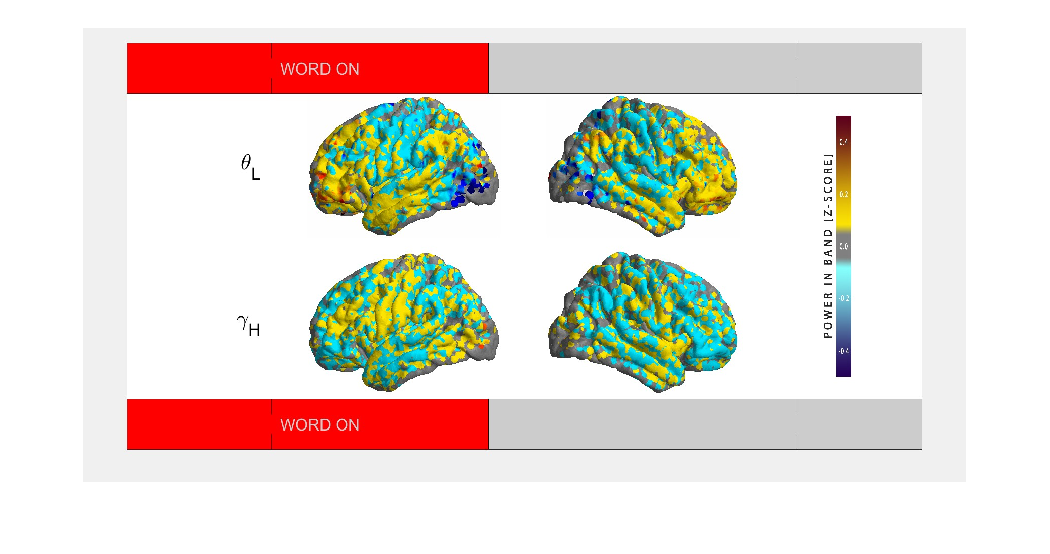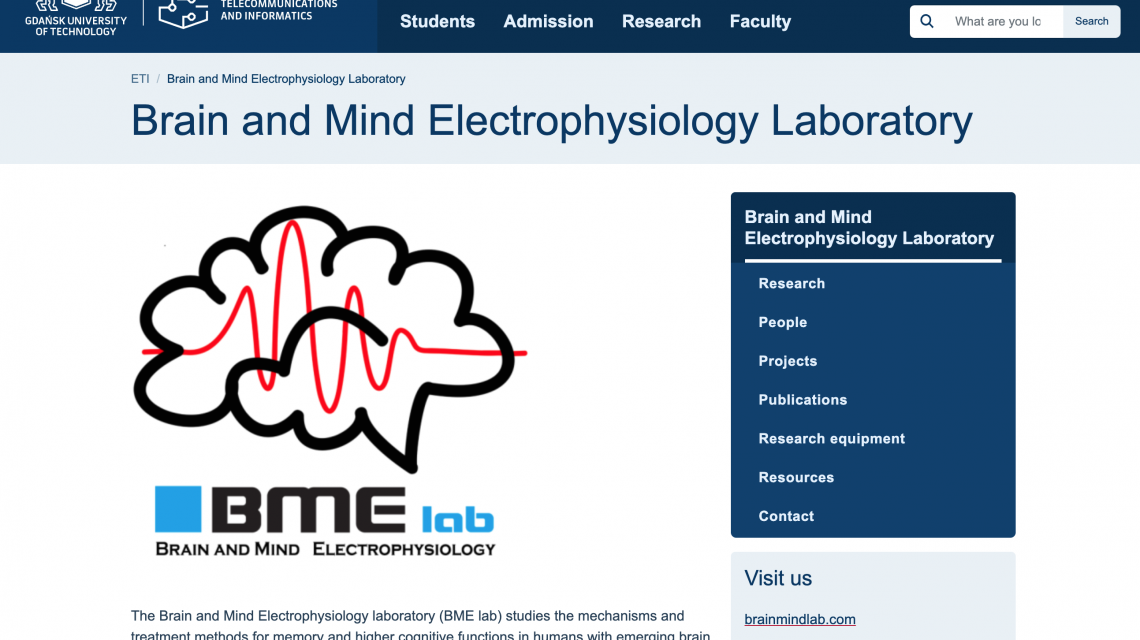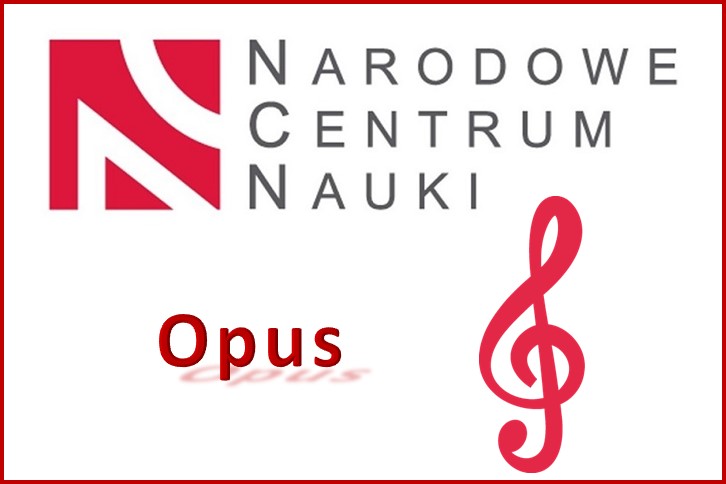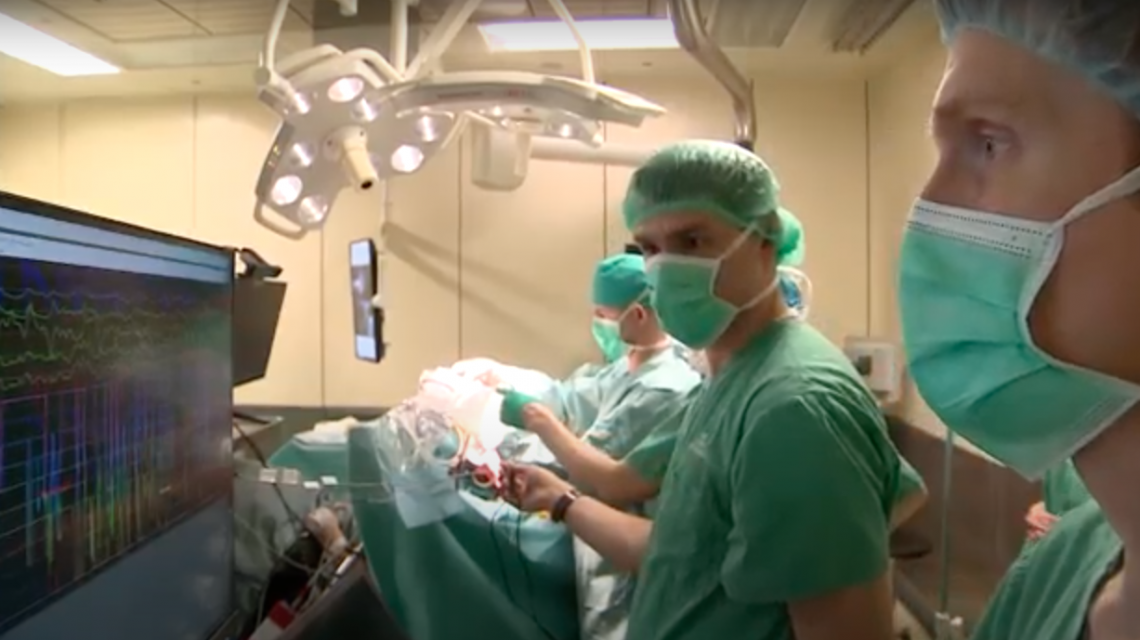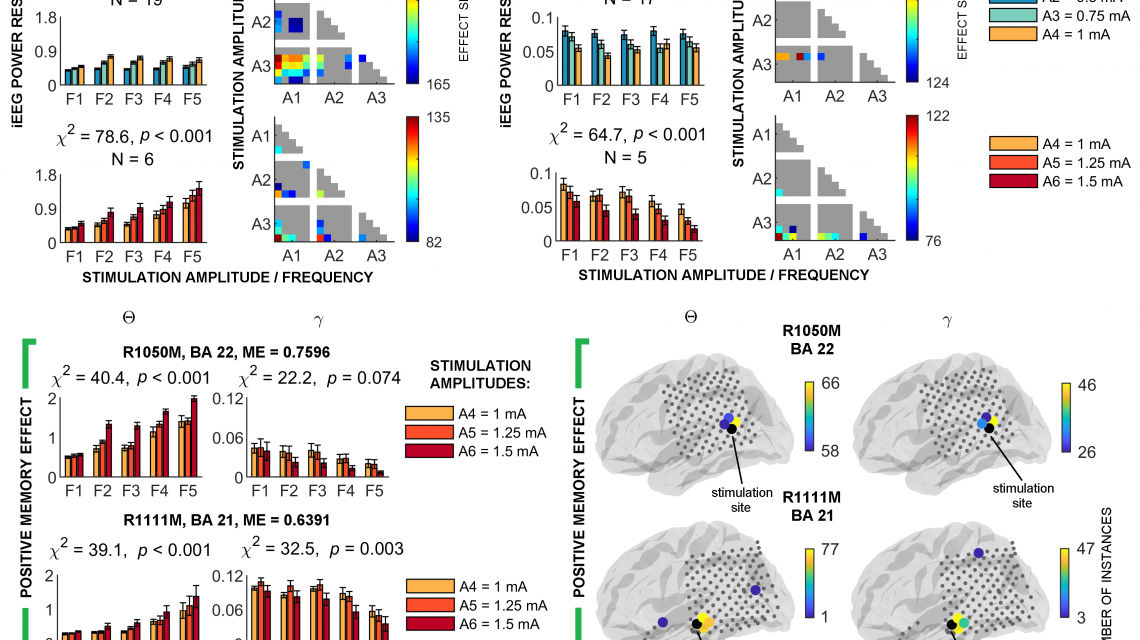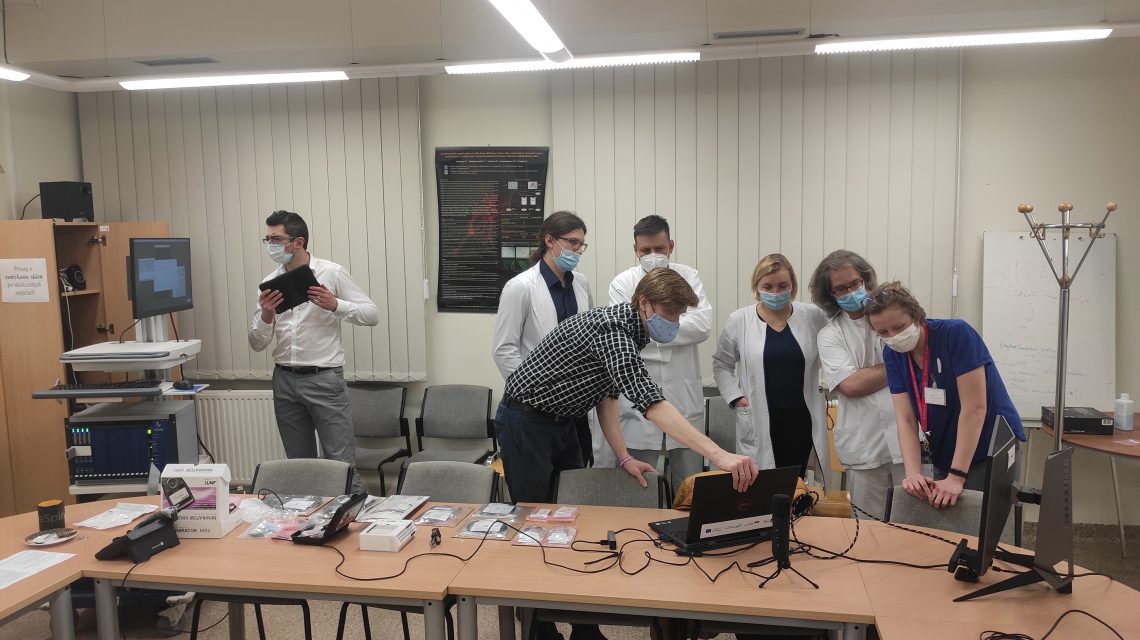Historical epilepsy surgery in Poland
On Dec 8th, 2022 we participated in a historical neurosurgical procedure of implanting multiple special electrodes to precisely localize the source of seizures in a young 21 year-old patient. The electrodes contained arrays of both standard macro-contacts (each less than 1cm big) to record large brain wave activities and special micro-contacts (each less than 100 micrometers big) to record local brain waves and even detect electrical impulses from individual brain cells (single neurons). These were implanted…
Continue reading
